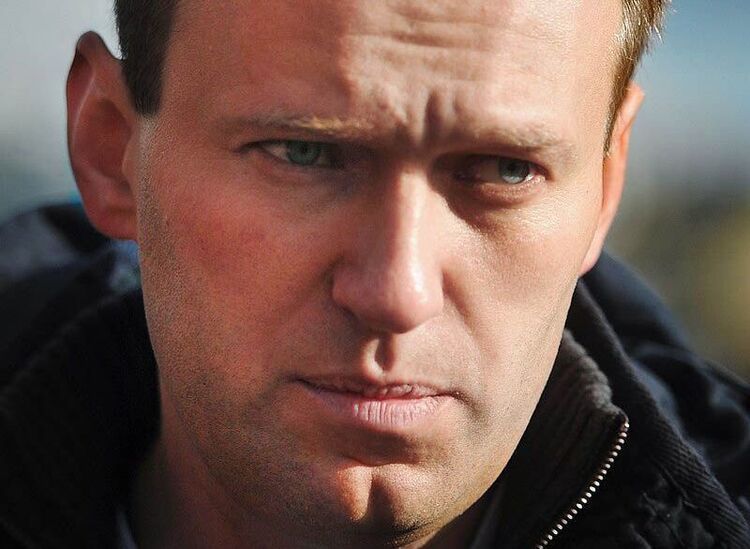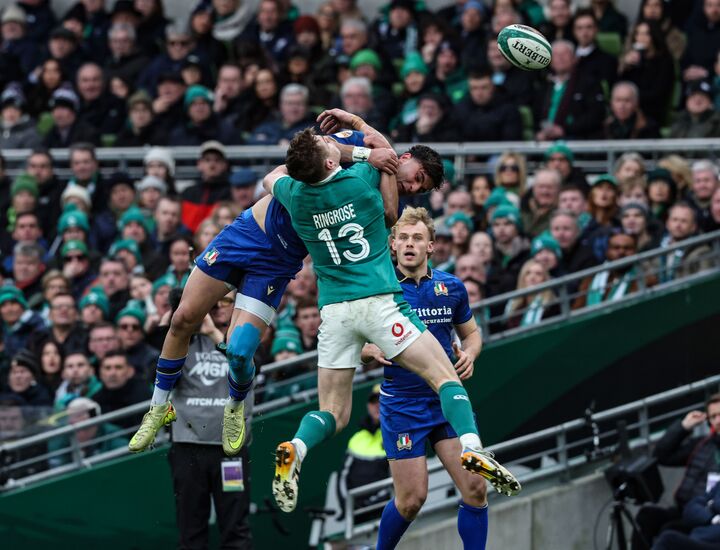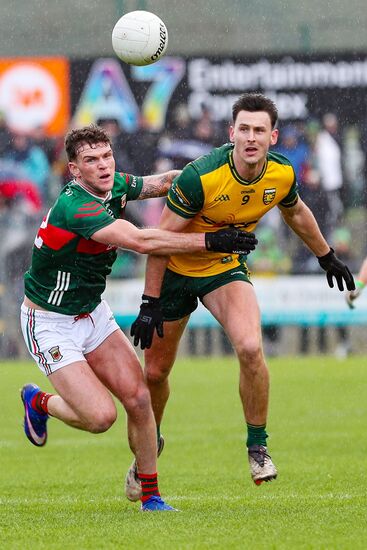[caption id="attachment_70661" align="aligncenter" width="600" caption="Roy Keane. "]
In a few weeks, the Irish media will turn its attention to the 10th anniversary of Saipan. Yes, we know, we’re dreading it too. All manner of features will be written and broadcast revisiting those madcap days of the early summer of 2002. Aside from opening old wounds, it will also offer a revealing glimpse into a very different Ireland, a place where the (now disgraced) Taoiseach Bertie Ahern had little enough on his mind that he could get involved in a spat between the national team manager and captain.
Saipan revisited will also demonstrate how only a nation completely out of touch with reality could rather embarrassingly describe a personality conflict on a soccer team taking place on an island that saw so much bloody World War II action as a civil war. That remains one of the most lingering sores about the whole sorry business. Of course, Roy Keane will hog the headlines in and around that event but it seems he can generate fresh controversy on a weekly basis anyway.
If it’s not something he says on his ITV appearances, taking out the Chelsea players for the crime of ear-flicking for example, it’s something he puts his name to in his column with the Sun on Sunday. In the latest installment of the latter, he again crossed swords with Alex Ferguson, calling out the Manchester United boss for criticizing the return of Carlos Tevez and taking this as further evidence his former manager is genuinely worried about the title threat posed by Manchester City down the stretch.
“Once Patrick Vieira said bringing back Scholes was an act of desperation, he was always going to react,” wrote Keane. “That's what he does, defend his club and his players. I think he gets a buzz off it. Some sports people like Muhammad Ali and Usain Bolt thrive off being in the headlines and creating them and I think Ferguson is the same. In years gone by, we've seen him lock horns with Arsenal, Liverpool and Newcastle but this is a different ball game because the challenge is right on his doorstep. He tried to put them down as “noisy neighbors” before but City have kept coming and got stronger and stronger. United feel threatened, there's no doubt about that.”
While this type of punditry is all part of the game, and we regularly bemoan the legion of ex-pros who speak a lot without saying anything remotely interesting, there’s something a little bit sad about Keane constantly having pops off Ferguson. Justified as his anger might be at the manner of his departure from the club he bestrode for more than a decade, Keane comes across as bitter and score-settling every time he says something negative about Old Trafford. Maybe that comes with the territory but, increasingly, he has become a caricature of his old self.
It’s not that long ago since Keane used to rail against former players decrying the current generation from the comfort of a seat in the television studio. Every time he spoke out about them, it was clear that here was one man who’d earn enough in his career never to need to take the television shilling in retirement. Well, that was then. If he doesn’t need the money, it seems he needs the spotlight, the oxygen of publicity he’s afforded by his multi-media presence. In the absence of any credible job offer (Iceland and Australia were on his trail remember), Keane seems destined for a long stay in the pundit’s chair.
While his bosses at ITV and the Sun must be thrilled at Keane’s candid approach to the analyst role, he’s also paying an unforeseen price for his willingness to tell us what he really thinks. The revising of his place in United and Premier League history continues apace. From the moment he left for Celtic in 2005, there was an instant re-evaluation and devaluation of Keane’s reputation on the field. This continues to this very day. Just before he attacked his former boss about Tevez, Keane would have read newspaper reports about Ferguson declaring Paul Scholes to be the best midfielder at United in the past 20 years.
A lot of people would have read that report and smiled. The best midfielder at United in the past 20 years was Keane. Between 1993 and 2004, he was the heartbeat of the club. When he played well, United played well. When it mattered most, he contributed most, not something that could always be said of Scholes. Midfield is the engine room of any good team and Keane was the man who stoked that engine, “the boiler man,” as they used to call him up in Rockmount all those years ago, when he was doing the same thing in less salubrious venues than the San Siro and Wembley.
This is par for the course now with Keane. In the past few years, his legend has diminished bit by bit. When the greatest players of the Premier League era are discussed, Ryan Giggs now usually tops the list because of his longevity, never mind that he went missing for a few years along the way. Alan Shearer normally figures in the debate too. Never mind that he played for so many seasons on a team for whom so many games were dead rubbers. Some even throw Eric “blink and you missed him” Cantona into the mix.
Keane has slipped down the reckoning. Bizarrely. Wrongly. In the first ten years of the Premier League, nobody was more influential on the field than he was. Nobody. Yet, his increasingly cranky demeanor in retirement and his fondness for feuding in print and on air has caused an unfortunate revision of his status. The abrasiveness of his personality off the field is clouding people’s judgment, somehow making them remember him as a lesser player than he actually was. Which is sad but given the way English football works sometimes, it also kind of proves a point Keane sometimes used to make. The game prizes style way more than substance.








